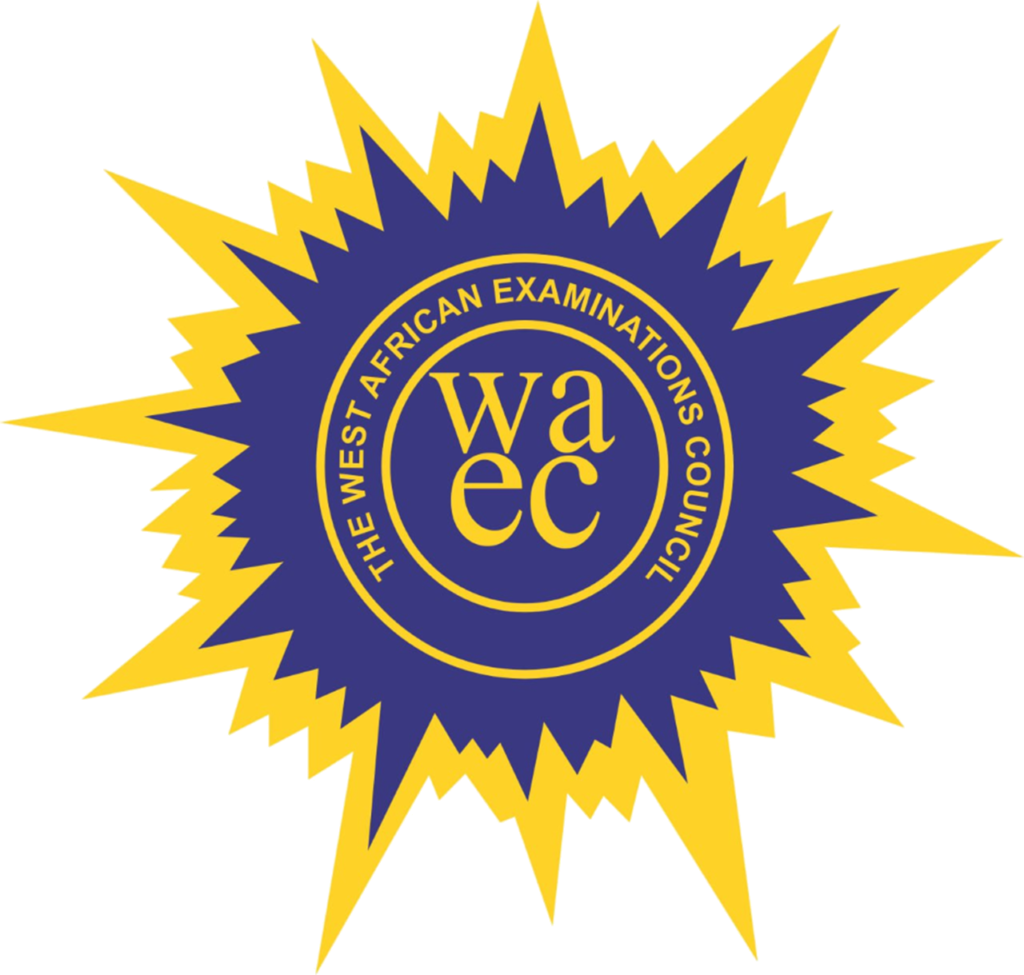The West African Examinations Council (WAEC) employs a standardised grading formula to assess student performance in the West African Senior School Certificate Examination (WASSCE). Understanding the 2025 WAEC grading system is essential for students, parents, and educators aiming to interpret results accurately and plan for future academic steps.
This guide explains the official WAEC WASSCE grading formula, the score ranges for each grade, and what each symbol (A1–F9) means in terms of performance and progression.
WAEC WASSCE Grading System: Official Score Range (2025)
| Grade | Score Range (%) | Interpretation | Remarks |
|---|---|---|---|
| A1 | 75 – 100 | Excellent | Distinction |
| B2 | 70 – 74 | Very Good | High Credit |
| B3 | 65 – 69 | Good | Credit |
| C4 | 60 – 64 | Credit | Acceptable Pass |
| C5 | 55 – 59 | Credit | Average Pass |
| C6 | 50 – 54 | Credit | Lowest Credit Pass |
| D7 | 45 – 49 | Pass | Not university eligible |
| E8 | 40 – 44 | Pass | Weak pass |
| F9 | 0 – 39 | Fail | Not acceptable |
What Each Grade Means
- A1 – B3 (Distinction to Good): Ideal for competitive university admissions. Many scholarships require these grades.
- C4 – C6 (Credit): Considered a solid pass. Most universities accept these grades for entry-level courses.
- D7 – E8 (Pass): May be acceptable for vocational studies, but not for competitive university programs.
- F9 (Fail): Not acceptable for academic progression. Requires a resit.
What is considered a passing grade in WAEC?
Generally, a C6 is considered the minimum passing grade for most subjects, especially for admission to tertiary institutions. While D7 and E8 are technically “Pass” grades, they may not be sufficient for university or polytechnic admissions, particularly in core subjects like English Language and Mathematics. Candidates with D7 or lower in key subjects are often advised to retake the examination.
How is the WAEC aggregate score calculated?
For university admissions, institutions typically calculate an aggregate score based on a candidate’s performance in a selection of subjects. This usually involves:
- Core Subjects: English Language, Core Mathematics, Integrated Science, and Social Studies (for General Arts/Business programs) or Integrated Science/Core Science (for Science programs).
- Elective Subjects: The best three elective subjects relevant to the chosen course of study.
Each grade is assigned a numerical value (e.g., A1=1, B2=2, etc.), and these values are summed up to form the aggregate. A lower aggregate score indicates better performance (e.g., an aggregate of 6 means six A1s).
How does WAEC ensure fair marking and grading?
WAEC employs several measures to ensure fairness:
- Standardized Marking Schemes: All examiners are trained to use the same marking schemes consistently.
- Random Script Allocation: Scripts are allocated randomly to examiners, and sometimes swapped between regions, to prevent bias.
- Chief Examiners and Team Leaders: These officials supervise the marking process to maintain consistency and accuracy.
- Norm-Referenced Grading: For examinations like BECE, grades are determined based on the performance of students nationwide, meaning a student’s grade is relative to the overall performance of all candidates for that year.
Can I convert my WAEC grades to a GPA for international applications?
Yes, many international universities, especially in the US, UK, and Canada, accept WAEC results. You may need to convert your WAEC grades to a GPA (Grade Point Average) or their equivalent percentage. While there are general conversion charts available, it’s crucial to check the specific requirements and conversion methods of the university you are applying to, as they may have their own internal systems. Some universities may even accept WAEC grades directly or have specific credit requirements (e.g., a C6 in English may substitute for IELTS).
WAEC Contact Details – Ghana
Headquarters (National Office, Accra)
Best online courses
- Address: Nelson Mandela Avenue, Off Gulf Street, (Behind Gulf House) Okponglo, P. O. Box GP 125, Accra, Ghana.
- Telephone: +233 302 – 237784 / 248967
- Other common numbers (may vary, check official site): +233 302 208201-9, +233 302 237854
- Email: waechqrs@africaonline.com.gh
- Website: www.waecgh.org (Official Ghana website) / www.waecheadquartersgh.org (International Office website for HQ)
WAEC Contact Details – Nigeria
National Office (Lagos)
- Address: 21, Hussey Street, Yaba, P. M. B. 1022, Yaba, Lagos State, Nigeria.
- Telephone:
- General Enquiries: +234 1 7305150, +234 1 961016, +234 1 2136455, +234 1 8974569
- Support lines (may vary): +234 9087197603, +234 9087197604
- Email:
- hnowaeclagos@waecnigeria.org
- hnowaeclagos@yahoo.co.uk
- hnowaecnigeria@waec.org.ng
- waecverify@waec.org.ng (for result verification)
- Websites: www.waecnigeria.org (Official Nigeria website) / www.waecdirect.org (Result checking portal) / verify.waeconline.org.ng (Result verification portal)
Important WAEC Updates
- Complete WAEC Guide 2026
- How to Check WASSCE Results 2026
- Latest WAEC WASSCE Grading Formula: Official Score Range
- Ghana WASSCE Timetable 2026
Thank you for visiting GHResults.com — we wish you all the best on your journey ahead, and we look forward to welcoming you back soon!


